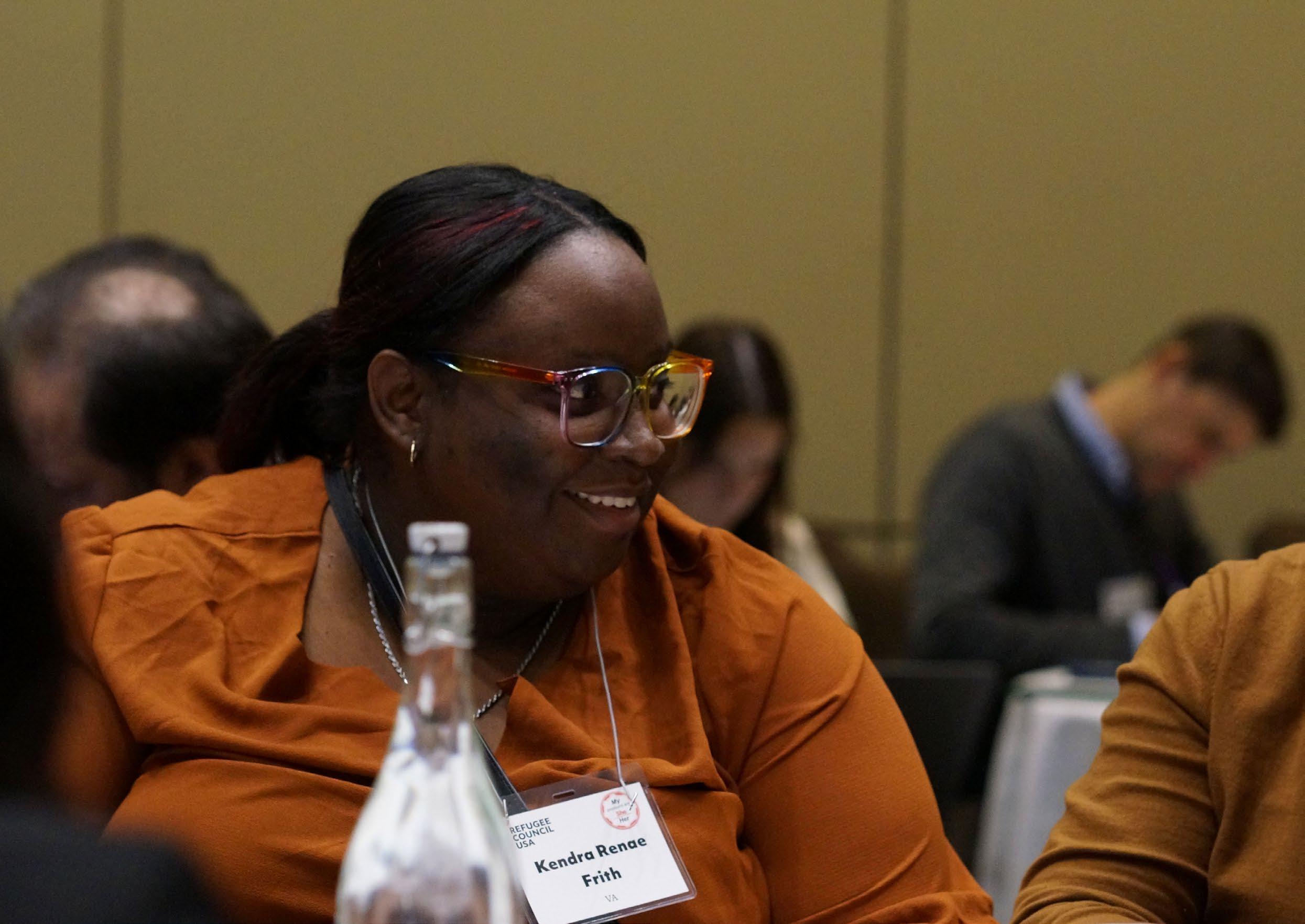
3 minute read
INCREASINGLY
Human Rights Defenders Finding Safety Amidst Challenges
Human rights defenders often work in dangerous circumstances and, in some cases, are forced to flee themselves. HRDs work locally, trying to advocate for changes to the laws and policies that criminalize and persecute LGTBQI+ persons, and are sometimes targeted by state actors as a result of their work.
Recognizing this, the Canadian government established a dedicated refugee stream for human rights defenders for resettlement to Canada, one of the only countries in the world to make this kind of pathway available. Rainbow Railroad advocated for the creation of this novel pathway since inception, and as one of the only organizations with the capacity to refer LGBTQI+ human rights defenders, we have had the opportunity to refer seven cases for relocation to Canada through the HRD stream. Due to the unpredictability of government crackdowns and other regional circumstances, we cannot always anticipate when it will be necessary for HRDs to leave their work and seek refuge in another country. A group of HRDs may emerge as needing urgent protection; to prepare for this possibility, our team closely monitors evolving threats to HRDs around the world.
Rainbow Railroad effectively responds to requests for help from around the world, working from our offices in Toronto, Canada or New York, USA. This is only possible because of the global partners who support our mission. To address global LGBTQI+ persecution and forced displacement, Rainbow Railroad relies on local human rights defenders (HRDs), activist networks, and organizations who help us to identify, verify, and triage requests for help and provide our team with on-the-ground insights and logistical support.
Our partner organizations around the world leverage an established network of grassroots groups that support case individuals throughout their relocation process, including the verification of cases on-theground, temporary shelters in surrounding transit countries, and staff working in destination countries.
A significant number of our cases involve case work done by trusted individuals who have long-term relationships with Rainbow Railroad staff, including HRDs who share information to verify requests for help. We also draw on the technical expertise of our dedicated staff of caseworkers, including several human rights defender colleagues who have lived experience of forced migration and/or persecution based on their LGBTQI+ identities.
A FIRST-HAND ACCOUNT FROM A HUMAN RIGHTS DEFENDER
Kendra Frith is a human rights defender from Jamaica who came to the US with Rainbow Railroad’s assistance seven years ago. Kendra is currently advocating for policy change for asylum seekers in the United States.
I was part of the execution of the first Jamaican Pride and I had so much joy when I realized advocacy is something I can do. That first Pride celebration that we had in Jamaica gave the LGBTQ community a chance to know that we are here, we are looking out for you, there is a space and we are fighting for that space and that safety for you. I’m proud that we were able to give people that space.
I didn’t want to leave my country, I did it for my safety and my family’s safety. Half of my friends are no longer in Jamaica, they left and it wasn’t easy for any of them. In no way did I want to leave, but I couldn’t stay there and be an activist, because I would have been assaulted again. Even leaving Jamaica, I never stopped advocating, I tried to do as much as I could virtually. I want people to understand that once we take this job of being a defender on, it isn’t a decision that is made lightly. It’s one thing to say, but to do it and live it is a completely different dynamic. Three-quarters of this work is not compensated, it’s what you want to do for the benefit of other people. Sometimes you feel like you don’t want to do this anymore and that is ok. But because it is a passion, you’re always gonna find your way back and it’s gonna find its way back to you.
I have been waiting for seven years without an asylum interview. I have built a career in trucking and met so many amazing people, doing something I love. I have my dog, friends, a partner, and I want to be able to have children– but I don’t know if any of that is going to be possible. God forbid if I do get deported, what will I do then? It’s a fear, a lump, that’s there, not knowing.
How would you feel if you were displaced, forced to leave your home, and then hit with all these roadblocks to be granted asylum? I remember buying a one way ticket back to Jamaica– even if I get killed or attacked, I just can’t be in limbo anymore. But then I felt like I needed to get back into advocacy. Here’s my answer, let me start getting back into it. As advocates and defenders, I want people to understand that we’re not machines, we’re people too. You’re not just taking on the stress of yourself but also everyone you’re working with. You can lose your individuality in doing this, unless you come back to your why. Find that purpose and always come back to it.










